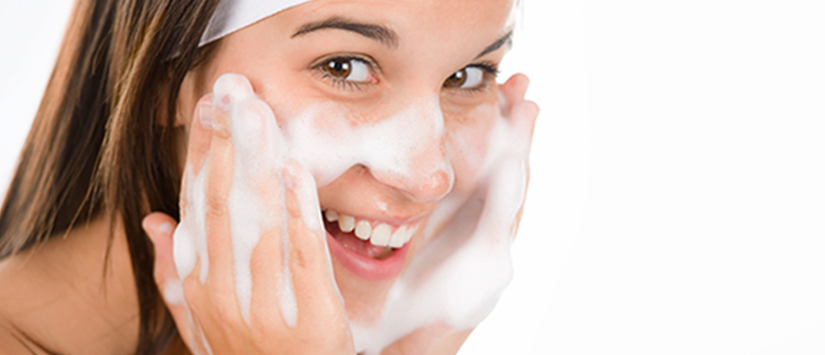Sulphur Soap, i.e. How to Defeat Acne

Sulphur soap is a well-known cosmetic for people with acne or oily skin. It has matte, drying and antibacterial properties. What is more, it limits sebum secretion, is anti-dandruff and regulates work of sebaceous glands. It is recommended for oily skin, though its use should be limited to minimum. Sulphur soap can damage or even utterly destroy natural protective barrier. And as you know, oily skin deprived this barrier will produce excess sebum and as a result on skin can appear increased acne or blackheads.
 Besides, sulphur soap soothes inflammations, cleanses and tightens pores. It can be used for other parts of the body (back, cleavage, shoulders) and for the scalp and hair wash. In the last case, you need to be careful how you take care of your hairstyle. If you have oily scalp and dry ends then sulphur soap will help only with excess sebum. Ends have to be washed with moisturising shampoo and then treated with conditioner or hair mask.
Besides, sulphur soap soothes inflammations, cleanses and tightens pores. It can be used for other parts of the body (back, cleavage, shoulders) and for the scalp and hair wash. In the last case, you need to be careful how you take care of your hairstyle. If you have oily scalp and dry ends then sulphur soap will help only with excess sebum. Ends have to be washed with moisturising shampoo and then treated with conditioner or hair mask.
Not everyone can use sulphur soap. People with sensitive, dry, allergic or prone to dryness skin should avoid this method of skin care. Skin treatment with this cosmetic, or even just one use can lead to irritations and damage of epidermis. Sulphur soaps available on the market, besides about 5% of sulphur, also consist of another ingredients, which can sensitise. That is why, before purchase read composition thoroughly and check product properties.
Cosmetics, which can replace sulphur soap are: face mask and soap with cinnamon, soap with nano silver or soda face mask. If soap is a too aggressive treatment for you then better will be sulphide water. This product doesn’t contain parabens, mineral oils, artificial substances or silicones. It helps in healing skin inflammation, softens skin, can be helpful in scrub and will regenerate skin cells. Sulphur cosmetics are supported by other substances, like: macadamia oil, olive oil, Argan soap and vitamins A,C,E and B.





Leave a Reply